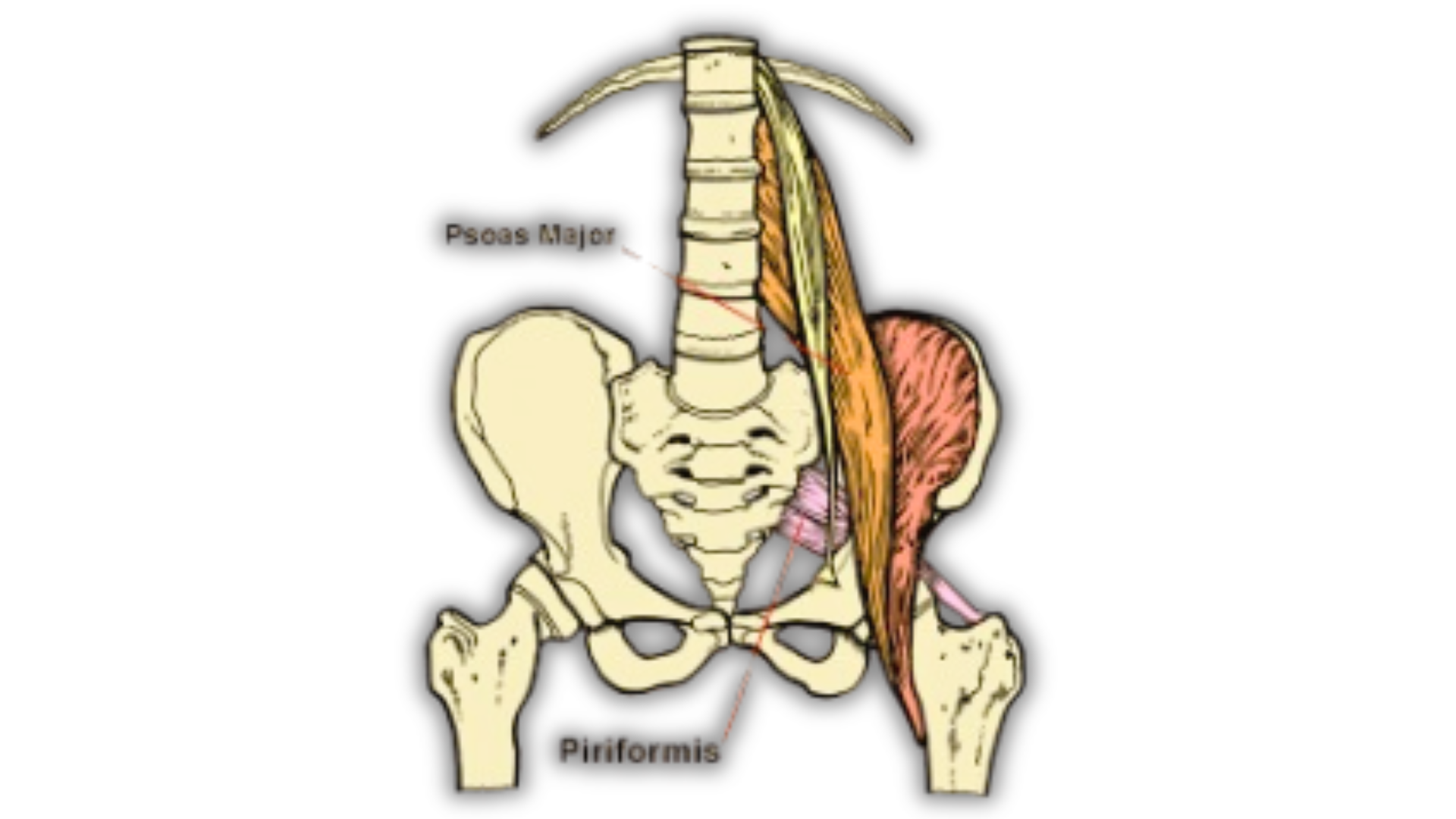What Happens If You Sprain Your Knee?
If you take the wrong step, twist your leg, and feel a sudden or sharp pain in your knee, your knee may swell up. What just happened? You may have sprained your knee.
Knee sprain can range from a minor stretch to a complete tear of the knee ligaments. If left untreated, it can lead to long-term joint instability, chronic pain, and recurring injuries.
ANF Therapy® is an advanced approach to managing knee sprains. It utilises small ANF Devices that are applied to the affected areas of your body. This therapy aims to support your body’s natural healing mechanisms that help reduce swelling and improve joint mobility.

What Is a Knee Sprain?
A knee sprain happens when the ligaments in your knee are forced beyond their normal range of motion or overstretched. Ligaments are strong bands of tissue that connect bones and provide stability to your joints. In the knee, the most commonly affected ligaments are:
- ACL (anterior cruciate ligament): controls forward motion and rotation.
- PCL (posterior cruciate ligament): controls backwards motion.
- MCL (medial collateral ligament): provides inner knee stability.
- LCL (lateral collateral ligament): stabilises the outer knee.
A sudden twist, fall, collision, or awkward landing can damage one or more of these ligaments, resulting in a sprain.
Symptoms of a Knee Sprain:
The symptoms of a knee sprain can vary depending on how severe the injury is, but here’s what people often experience:
- Sudden pain after twisting
- Swelling around the knee (can appear within hours)
- Bruising or discolouration
- A “popping” sound or sensation at the moment of injury
- Instability or weakness, as if your knee might give out
- Limited range of motion
- Difficulty walking or bending the knee
- In more severe sprains, you might not be able to walk or put any weight on the leg.
What happens inside your knee after the sprain?
When a ligament is overstretched or torn, it triggers an inflammatory response. The body sends extra blood and fluid to the area, resulting in swelling and stiffness.
This inflammation is meant to protect the joint and begin the healing process, but it also makes it hard to move and can be painful.

Grades of the knee sprain
- Grade I (Mild): Ligament of the knee joint is stretched, but not torn. There is minimal swelling and discomfort.
- Grade II (Moderate): partial tear in the ligament and noticeable swelling, bruising, and joint instability.
- Grade III (Severe): Complete tear of the ligament. Severe pain, significant swelling, and inability to use the joint properly.
What Happens If You Ignore It?
A mild sprain may improve with rest, but ignoring a moderate or severe sprain can lead to serious long-term consequences:
- Chronic knee instability increases the risk of future injuries.
- Joint misalignment can affect your walk and posture.
- Arthritis risk due to wear and tear on an unstable knee.
- Muscle weakness can occur if the joint isn’t properly rehabilitated and healed.
How to manage a knee sprain?
A knee sprain is one of the most common problems nowadays that should be treated with proper care. The following steps outline the management of a knee sprain.
Stop what you’re doing:
Immediately stop what you are doing, as continuing to move on an injured knee can worsen the damage.
ANF Therapy® :
ANF Therapy® is an advanced treatment for knee sprains. No pain killers, no invasive procedures, just results. It utilises small ANF Devices that are applied to the affected areas of your body. This Therapy aims to support healing processes at the cellular level to target the root cause instead of just focusing on symptoms, which helps reduce swelling and improves joint mobility.
Outcomes:
ANF Therapy® has treated multiple patients with knee sprains. It is a non-invasive, drug-free method. It uses small carbonised metal devices on the skin to reduce pain. In a real-world study involving 1,054 patients across 45 countries, pain levels decreased significantly, from 7.6 to 3.1 out of 10. Patients also showed reduced swelling and improved range of motion after one session. The satisfaction rate was 92%.
Start your journey with ANF Therapy® :
ANF Therapy® is the newest treatment for managing all kinds of muscle sprains, including knee sprains. If you are feeling intense pain and swelling around your knee joint, consult an ANF practitioner near you. Your ANF Therapists will diagnose the problem and check the severity of the knee sprain. You can. Consult an ANF Practitioner or find an ANF Therapist at www.anftherapy.com/find-clinic to start your treatment with ANF Therapy® today! It offers a drug-free treatment approach that aims to target not only the symptoms but also the underlying cause of the disease. Patients believe that this therapy provides efficient and long-lasting results.
If you’re a healthcare practitioner and want to enhance your clinical skills with frequency medicine, learn more about the ANF clinical Education program at ANF Academy.

R.I.C.E. Method:
- Rest – Avoid putting weight on the leg
- Ice – Apply for 15–20 minutes every 2–3 hours
- Compression – Use an elastic bandage or knee brace
- Elevation – Keep the leg propped above heart level to reduce swelling
Monitor Your Symptoms
If pain, swelling, or instability persists for more than a few days or worsens, consult an ANF practitioner. There is no need for X-rays and MRIs; they will diagnose the knee sprain using a hands-on approach.
Rehabilitation
Once the pain and swelling have reduced, gentle movement and strengthening exercises can help restore full function. An ANF Therapist can guide you through recovery.
How to prevent a knee sprain?
You can avoid a knee sprain by following these steps.
- Do a proper warm-up before any activity
- Strengthen the muscles and ligaments around your knee joint
- Maintain your balance and body posture
- Manage body weight
- Wear the right footwear
- Don’t ignore minor pains
- Avoid sudden direction changes
- Use a knee brace in high-risk situations
Conclusion:
A knee sprain isn’t just a minor injury. It’s a warning sign from your body. If left untreated, it can lead to chronic pain, instability, and long-term damage. Whether it’s from sports, a fall, or a wrong step, proper care is essential. ANF Therapy® offers a non-invasive, drug-free solution that aims to support your body’s natural healing mechanisms, thereby reducing swelling and improving joint mobility. Don’t wait for the pain to get worse. Take control of your recovery and protect your knee health today.
Find a certified ANF Therapist near you at anftherapy.com/find-clinic.




